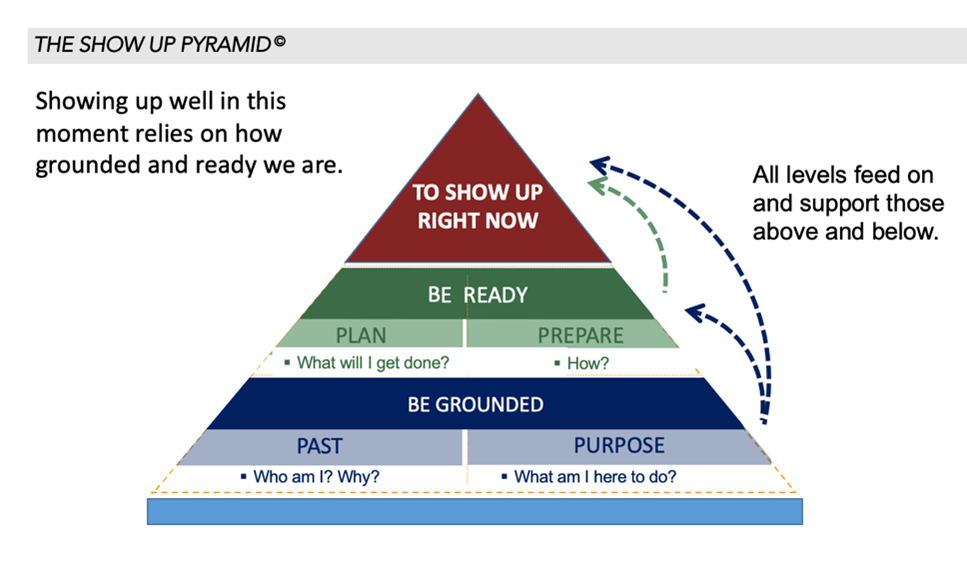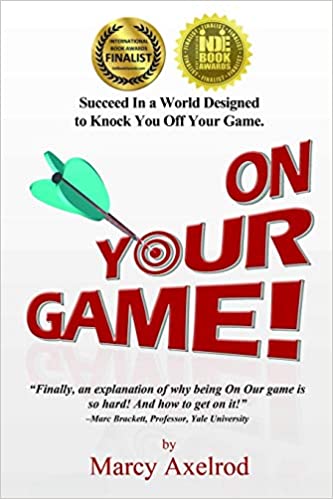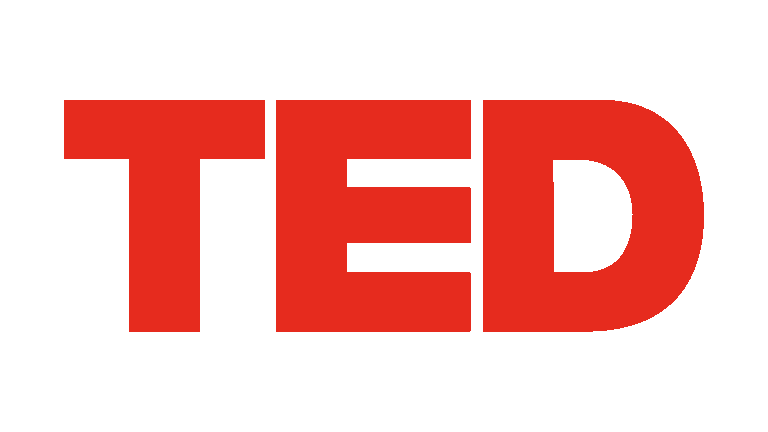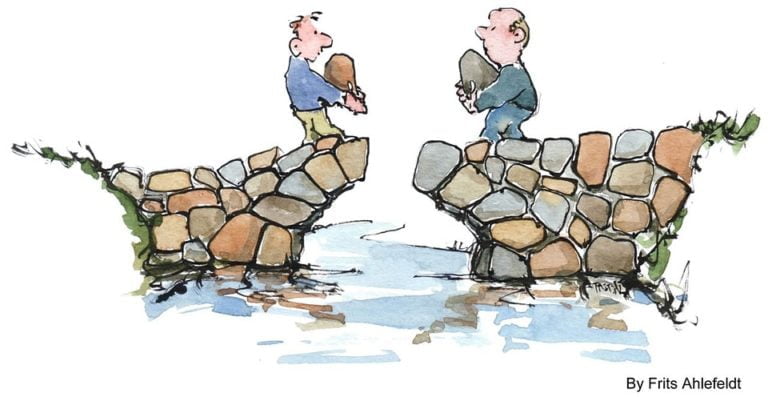Being “On Your Game”
Our thoughts, feelings, and actions are significantly impacted by those around us. We achieve agency over their muscle and sway only by recognizing how and when it’s happening. The quality of our work is the result. Well served are we to take note.
This is one area I dive into in On Your Game – Succeed in a World Designed to Knock You Off Your Game. The twenty years of research supporting the book reveal that almost 80% of Americans believe we underachieve our potential. Is this the impact we choose to draw from and have on others?
Many of us feel disappointed and know why. Had we taken more time to think, plan, be more ready, things may have gone differently. Surveys and interviews over decades show we all know the value of true readiness. It’s called success and contentment. So why don’t we do it regularly? Data reveals four main reasons.
First is the point made above, we’re dramatically and endlessly impacted by others and our environment. People and our culture work against us. Both model and celebrate busyness and overwork while omitting reflective practices such as journaling or even scheduled time to think.
Second, we justify our partial preparedness in the short term, telling ourselves, “It was just fine,” “It’ll be ok”. This keeps us from committing to and scheduling the reflective time we need.
Third, many of us lack an easy, practical process to ready ourselves. Fourth, and finally, we don’t recognize our direct, profound impact on the world. This steers us to default on our responsibility to be our best, for ourselves and all those we perpetually influence. It’s the flipside of point #1. Just as others impact us, we impact all. Living on our game and truly showing up require we understand these realities, and act on them.
Here’s some detail to help us get started. They’re the work of Nicholas Christakis, Sterling Professor of Social and Natural Science at Yale University[1].
- We’re 45% more likely to do what the people closest to us, that is, our family, colleagues or friends, do. Behaviors we unknowingly absorb span becoming rich or poor, staying married, smoking, drinking, voting, academic performance (grades), altruism and happiness, among many other socially contagious emotions, behaviors, and thoughts.
Given the expanse of behaviors studied, it’s safe to generalize to work performance, how triggered we get by our commutes, and many common daily affairs.
One much-discussed example is that we’re 10 percent more likely to be obese if our friends’ friends’ friends are. The likelihood swells 25 percent if it’s modeled by our friends’ friends, and a whopping 45 percent if it’s our closest link, those culprits we spend the most time with, be they family, friends or colleagues.
It goes both ways! We are becoming more like them, and they are becoming more like us. That smile we give a stranger on the train, our decision to stare at our phone in the elevator, and the pace of our stride all impact those around us. We can share positivity or concern, high regard for others or indifference, energy or lethargy, busyness or availability. All are contagious. All flow three degrees of separation deep, to our friends’ friends’ friends. And they flow in both directions, from us and to us.
- A single impact on our real world social network can start an avalanche. “One lonely person can destabilize an entire social network like a single thread unraveling a sweater.” [2] Here’s how it works: If you’re lonely, you transmit loneliness and are likely to weaken or cut ties with friends because of it. Now that friend has been tainted, and they pass it along. “A cascade of loneliness can cause the network to disintegrate, impacting all those networks they are linked with.” [3] Each of us impacts the world, indeed.
All of this shows the irrefutable power of people we know, and people we don’t know, to impact whether we are On Our Game or off. The social wiring of our brains is one of the dominant forces in our lives. Some cultures have a word for it. In Zulu, a language spoken by approximately 24 percent of the population of South Africa, the word ubuntu is used. It is defined as “I am because of you.”[1] It shows how our on-game status is deeply tied to the on-game status of others.
The full set of social influences is infinite. Actions and emotions have a collective existence. Circling back to a broader perspective on achieving, be it for our company, family or self, every morning we face a question. How do we choose to show up?
Many of us don’t consider this. It’s time to shut off the alarm and pull ourselves out of bed. It’s doing-time, not thinking-time. We reviewed our calendar last night, know what meetings happen when. Family responsibilities are tactically well in hand, just like yesterday. But how have we chosen to show up with, for and to the people and activities of our lives?
This is the reflecting so many of us omit. It might happen in fits and starts, but where does this leave us? Do we carry our reflective insights and decisions to each moment, meeting and memory? What about each convening, crossing and contending?
WHAT IT MEANS TO TRULY SHOW UP ON OUR GAME
Showing up on our game has two aspects, 1) being grounded in our past and purpose, and 2) being planful and prepared for right now. It requires we set aside time to consider what outcomes we seek from upcoming activities, be they work meetings, family or friend time, and even solo activities.

The specific questions to answer are intuitive and relatively quick, yet proven to relax us, boost our confidence, poise and ability to respond effectively to the unexpected flow of life. Truly Showing Up questions include:
- What am I trying to achieve?
- Why is this activity important to me?
- How does it support my purpose or other responsibilities?
- What will indicate I am achieving it? (Challenge yourself to identify at least five success indicators. See them happening in your mind.)
- What need I do to make each of the success indicators happen?
If others are involved:
- What is important to the others involved?
- What do they want to have happen?
- How can I support them in achieving their goal?
- What would enable me to listen actively and deeply (be truly open and present)?
To stay on our game and truly show up, we need to understand the dynamic influences on us and from us, so we can consciously manage them. It’s the only way to accelerate not just our achievement, but everyone’s.
Don’t Default-Live – Truly Show Up.
Our day-to-day interactions, deeds and proceedings are where our lives are lived – yet 20 years of primary research prove that the majority of us “just show up”. Instead of truly knowing ourselves, our influences, and being ready, we default our way through life, improvising as we go. We live in partial readiness, succumbing to conditioning, culture, and habit, as the 80% statistic shows.
This breeds disappointment and unhappiness. It contributes to epidemics of loneliness, depression, substance abuse and more. “Just showing up” is also a failure to take possession of our own minds. It’s failing to exert agency over the flow of our lives. Then we, as evolutionary products of the universe, follow and fall prey to her governance.
The antidote and solvent is to truly show up. It means we’re grounded in who and why we are, and armed with forethought and readiness to perform well right now. It’s the magic elixir we can choose to imbibe. AND is the only responsible choice, since we impact the world every second.
Let’s show up on our game.
About the Author
A unique combination of Wall Street and Silicon Valley, Marcy Axelrod‘s award-winning book “On Your Game!” explains how to achieve in a world designed to knock us off our game. Earning highly favorable reviews from professors at Harvard, Yale, Columbia and Cornell, it draws upon twenty years of proprietary research from Americans of all demographics, ages and educational profiles. It applies neuroscience, psychology and behavioral economics to explain why 80% of Americans believe we underachieve, and what to do about it.
You can find out more about Marcy Axelrod and her vehicles for becoming and staying “on your game” by clicking here.
Marcy’s next book, Life’s Foreplay: How We Choose to Show Up (expected March, 2022), deepens the existing research to explain our choices about readiness, and American’s penchant to “just show up”. When not researching and writing, Marcy is a strategy management consultant and abstract expressionist artist.
[1]Dr. Christakis earned an MD, PhD, and MPH, and holds appointments in the departments of Sociology, Ecology and Evolutionary Biology, Statistics and Data Science, Biomedical Engineering, and Medicine and Yale University.
[2] Cacioppo, John T. and Fowler, James H. and Fowler, James H. and Christakis, Nicholas A, Alone in the Crowd: The Structure and Spread of Loneliness in a Large Social Network (December 1, 2008). Available at SSRN: https://ssrn.com/abstract=1319108 or http://dx.doi.org/10.2139/ssrn.1319108
[3] Ibid.
[4] Ubuntu ascribes humanity to society, not transcendent beings. “Humanity is co-substantively bestowed upon the other and me,” is a “quality we owe to each other” and that we substantively create each other, “and need to sustain this otherness …” Source: https://en.wikipedia.org/wiki/Ubuntu_philosophy









